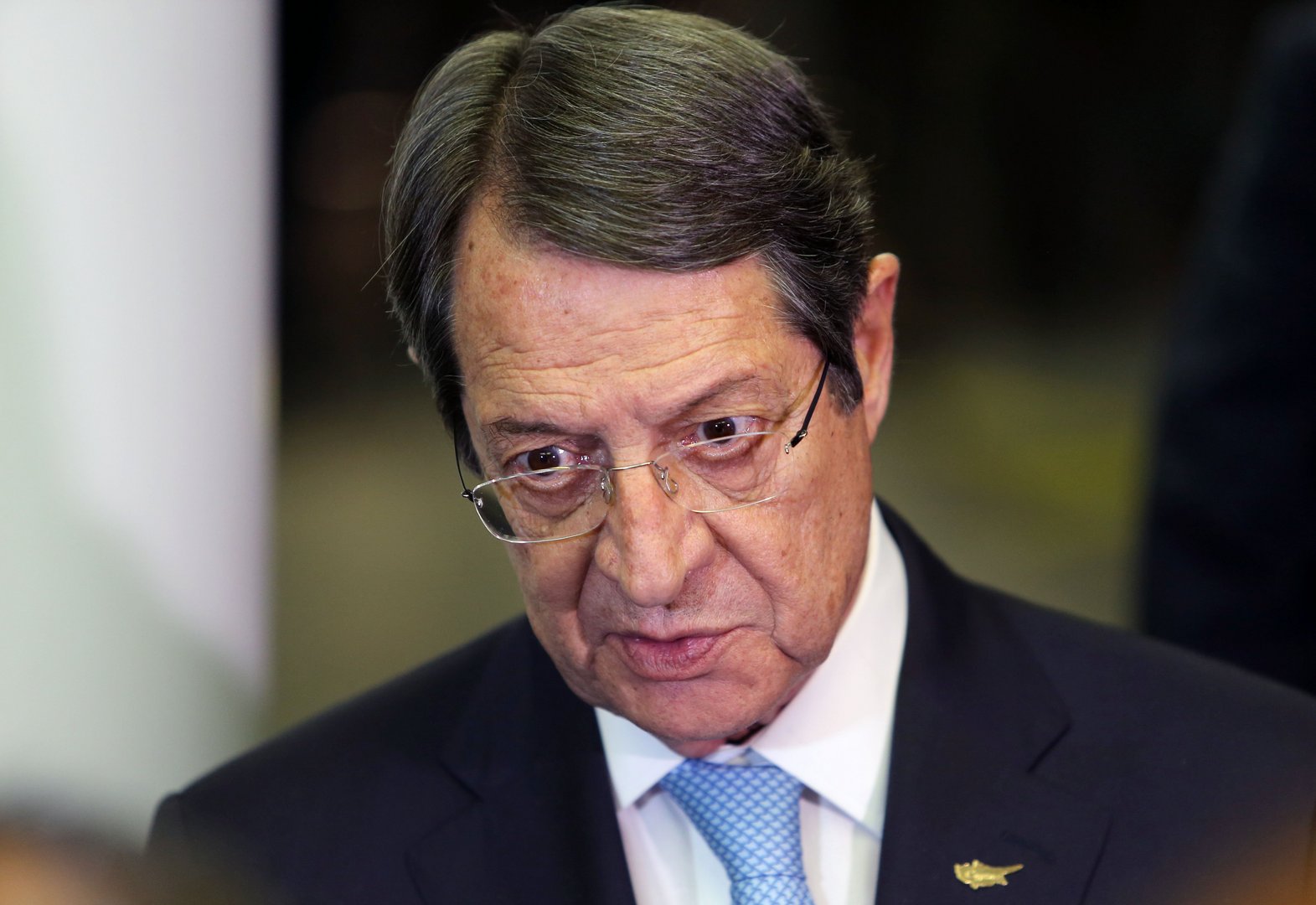President Nicos Anastasiades in an interview published on Sunday rejected opposition allegations of an explosion of corruption during his terms in office but did concede there had been some irregularities in the citizenship by investment programme.
The interview in Politis, which was partly published online, mainly addressed the pandemic, the paper said, but touched on other topics like corruption.
Confronted with the public’s perception of his presidency on that issue, Anastasiades said his administration has been relentless in fighting corruption over the past eight years.
“If you look at how many many measures have been adopted and how many measures are pending in parliament… the picture would certainly be completely different,” he said.
“In the past, did we have less corruption because it was covered up? Today I hear some people talking about the indicators of corruption. They do not study the reports of Moneyval, the European Commission on the rule of law, GRECO, etc. If you see all these suggestions and how many the government has complied and not complied with, or how many of the pending issues concern the government or the legislature…”.
Reminded that the European Commission has launched an infringement procedure against Cyprus over the investment programme, which was axed last November, the president said: “The investment programme was an incentive at a time when the economy was literally drying up. Many construction companies were unable to service their loans, banks were in need of liquidity. It was announced as a measure that could help the economy.”
Anastasiades said an existing naturalisation system that was in place since 2007 had been substantially modified and on at least four occasions he had convened meetings with developers and warned that they would eventually lead to the end the programme because of their misleading advertising abroad and at the airport telling people that with 800,000 euros they could secure a passport.
“Unfortunately, there were violations,” he said.
A committee probing the scheme released a heavily redacted report in December that examined 12 files involving 42 individuals considered high risk. Of the 42 cases, all apart from two involving seven citizenships, met the government’s formal criteria, the report said.
A number of people had secured citizenship under false pretences or by concealing vital information from the authorities. For these, the panel recommended the stripping of citizenship and/or referring them to the attorney-general to probe the potential commission of criminal offences.
The committee also recommended rescinding the citizenships of 12 other people – three files – who are wanted by the authorities in their countries.
Five files were high-risk, and the individuals involved should be monitored on an ongoing basis, the panel said.
The redacted parts – other than information revealing personal data – would be disclosed once criminal investigations are finished, the statement added.







Click here to change your cookie preferences